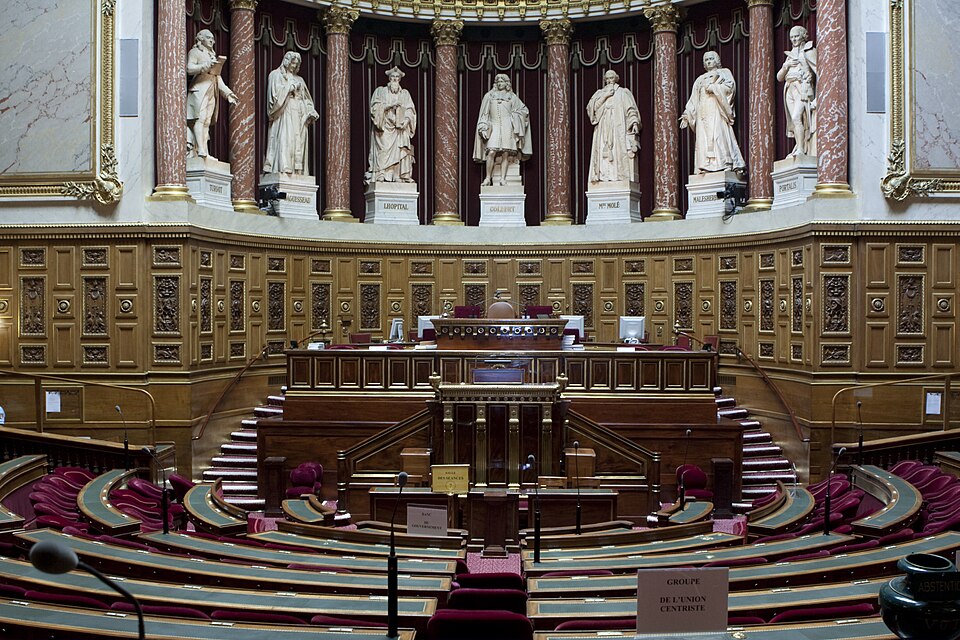
France’s government on Friday defended its proposed alternative to a sweeping tax on the ultra-rich, as lawmakers clashed over how to tap the country’s highest fortunes to help close a
widening budget gap.
The debate has exposed deep ideological rifts in France’s already fractious National Assembly, where Prime Minister Sébastien Lecornu is seeking support for his austerity-minded 2026 budget. At the heart of the dispute is whether France should impose a broad wealth levy on its richest citizens or pursue a narrower tax aimed at curbing aggressive fiscal optimization.
Left-wing parties are backing a plan inspired by economist Gabriel Zucman: a 2% annual tax on wealth above €100 million. Zucman argues the measure—popular in public opinion polls—could generate €15–20 billion a year and ensure that billionaires pay tax rates comparable to those of middle-income earners.
The government, however, warns that such a sweeping levy could undermine French competitiveness, discourage investment, and cost jobs. Instead, Lecornu has put forward a more targeted measure: a 2% tax on assets held in personal holding companies that do not serve an economic or business function.
Budget Minister Amélie de Montchalin said the proposal would raise up to €1 billion and would hit roughly 4,000 holding structures used primarily to minimize tax obligations. “Our aim is not to achieve tax justice at the expense of the economy,” she told lawmakers.
With no absolute majority in parliament, Lecornu must win over Socialist deputies to secure the budget and fend off potential no-confidence motions. The Socialists concede that the full Zucman wealth tax is unlikely to pass but are pushing to tighten the government’s narrower proposal. “We are not calling for dispossession or confiscation; we are demanding tax justice,” Socialist MP Boris Vallaud said ahead of Friday’s expected vote.
The final contours of the tax measure may still shift when the budget moves to the Senate in the coming weeks, though the lower house will have the last word. Any version will also be subject to review by France’s constitutional court, which has previously struck down wealth-tax measures deemed excessive. Photo by Jackintosh, Wikimedia commons.



































